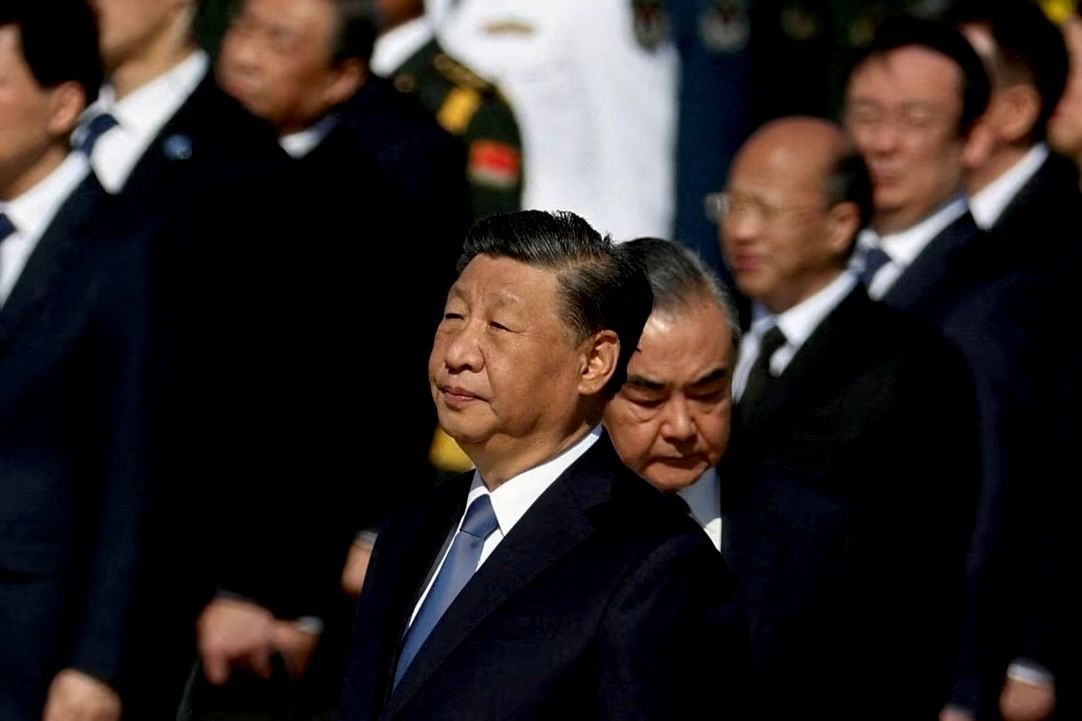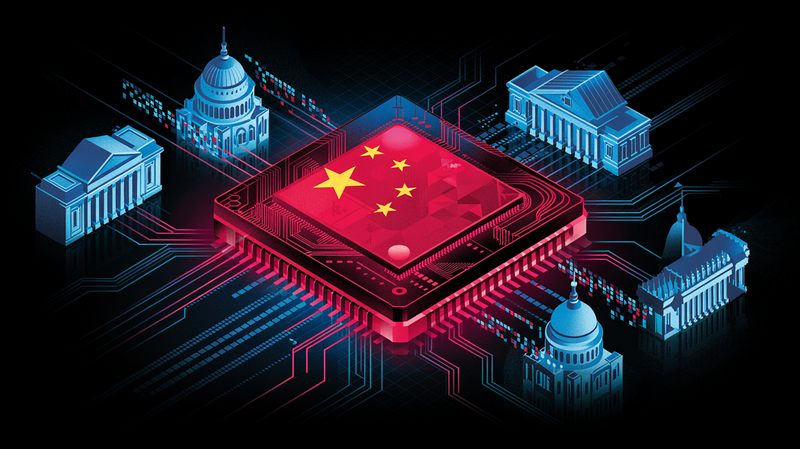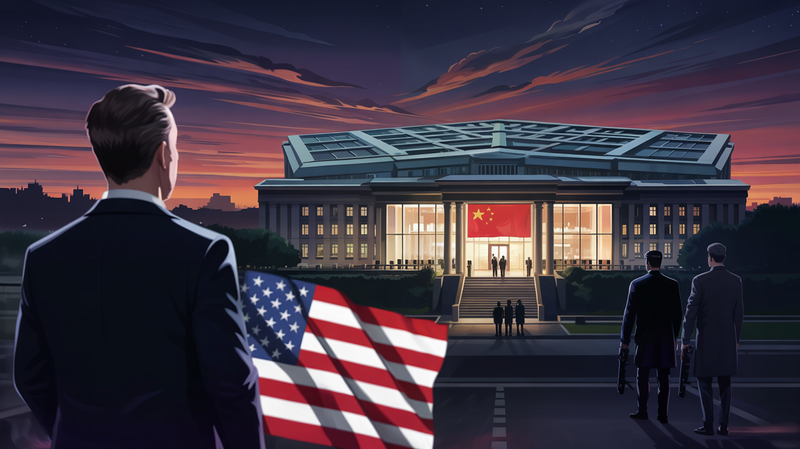Vietnam's Rising Diplomatic Significance: Anticipation of President Xi Jinping's Visit amid US-China Tensions
HANOI/BEIJING, Oct 6 - As superpowers contend for influence in Southeast Asia, Vietnam emerges as a strategic pivot, emphasized further by the prospective visits of high-ranking officials. Following the U.S. President Joe Biden's September visit, Vietnam and China are now potentially preparing for President Xi Jinping&

HANOI/BEIJING, Oct 6 - As superpowers contend for influence in Southeast Asia, Vietnam emerges as a strategic pivot, emphasized further by the prospective visits of high-ranking officials. Following the U.S. President Joe Biden's September visit, Vietnam and China are now potentially preparing for President Xi Jinping's arrival in Hanoi either by the end of October or early November, according to sources familiar with the situation.
The ongoing discussions between the nations signal Vietnam's escalating role in the diplomatic chessboard, particularly amidst the increasing Beijing-Washington tensions.
In the backdrop of this anticipated visit, teams are working diligently on drafting a joint statement, insiders revealed to Reuters. One contentious phrase, "community of common destiny", frequently used by Xi, is currently under discussion. While this phrase might indicate a deepening of ties, Vietnamese officials have expressed reservations about its inclusion. The specific implications of this phrase and the potential agreements accompanying it remain uncertain.
Although the visit remains unconfirmed and could be subject to changes, pre-visit logistical arrangements are in motion. One source revealed that a Chinese delegation has already scouted accommodations in Hanoi, with the intent of booking approximately 800 hotel rooms - a number consistent with the scale of a state visit.
Furthermore, China's foreign minister, Wang Yi, might visit Hanoi by mid-October to finalize the joint statement, contingent upon the progress of the document. Xi's potential visit would coincide with Vietnam's bi-annual parliament session, reminiscent of his 2015 visit where he addressed the parliament.
Vietnam's growing significance on the global stage is evident. Its enhanced role in worldwide supply chains, where it imports components from China and subsequently exports finished products primarily to the US and Europe, makes it indispensable to both superpowers. September saw Washington bolster its ties with Vietnam, positioning the US at par with China's diplomatic standing in Vietnam.
President Xi, during his tenure, has visited Vietnam twice. His most recent visit in 2017 was marked by his participation in an Asia-Pacific summit alongside global leaders like Donald Trump and Vladimir Putin.
China's investments in Vietnam further underline their intricate relationship. As of the first nine months this year, China has pledged nearly $3 billion to Vietnam, overshadowing the US's contributions and trailing only behind Singapore. However, this partnership is not without its complexities. Both nations disagree on South China Sea boundaries and share a turbulent history, with the latest conflict occurring in 1979.
The upcoming weeks will be pivotal in determining the trajectory of the China-Vietnam relationship, set against a backdrop of broader geopolitical dynamics.




